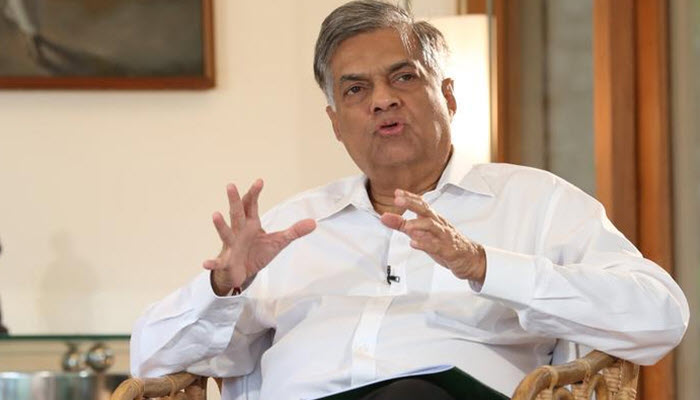The political turmoil escalated in the island nation when Sirisena dissolved Parliament on Friday and called for a snap parliamentary election on January 5, over two weeks after sacking Prime Minister Ranil Wickremesinghe and replacing him with former strongman Mahinda Rajapaksa.
The parties which filed petitions on Monday included the United National Party led by the sacked Wickremesinghe, the main opposition Tamil National Alliance, the Janatha Vimukthi Peramuna, the Tamil Progressive Alliance and the All Ceylon Makkal Congress.
A three-member bench, including country’s chief justice Nalin Perera, delivered its ruling after two days of deliberations on as many as 13 petitions .
At the hearing Tuesday, Attorney General Jayantha Jayasuriya, on behalf of the state, justified Sirisena’s action, saying the powers of the President are clear and unambiguous as provided for in the Constitution and the announcement of the dissolution of Parliament was done by the President in accordance with the Constitution.
He pleaded for the dismissal of all petitions and said the President is empowered to dissolve Parliament.
Rejecting AG arguments The court suspended a proclamation issued by Sirisena on Friday sacking the legislature and calling for elections on January 5.
The ruling means parliament could go ahead with a vote to test if Sirisena’s controversial nominee is able to summon a majority in the 225-member assembly and force Wickremesinghe from office.
The court also ordered the independent Elections Commission to halt preparations for the January 5 vote.
All petitions filed against Sirisena’s decision will be heard on December 4, 5 and 6, the apex court ruled, according to the opposition party officials attending the hearing held under tight security.









